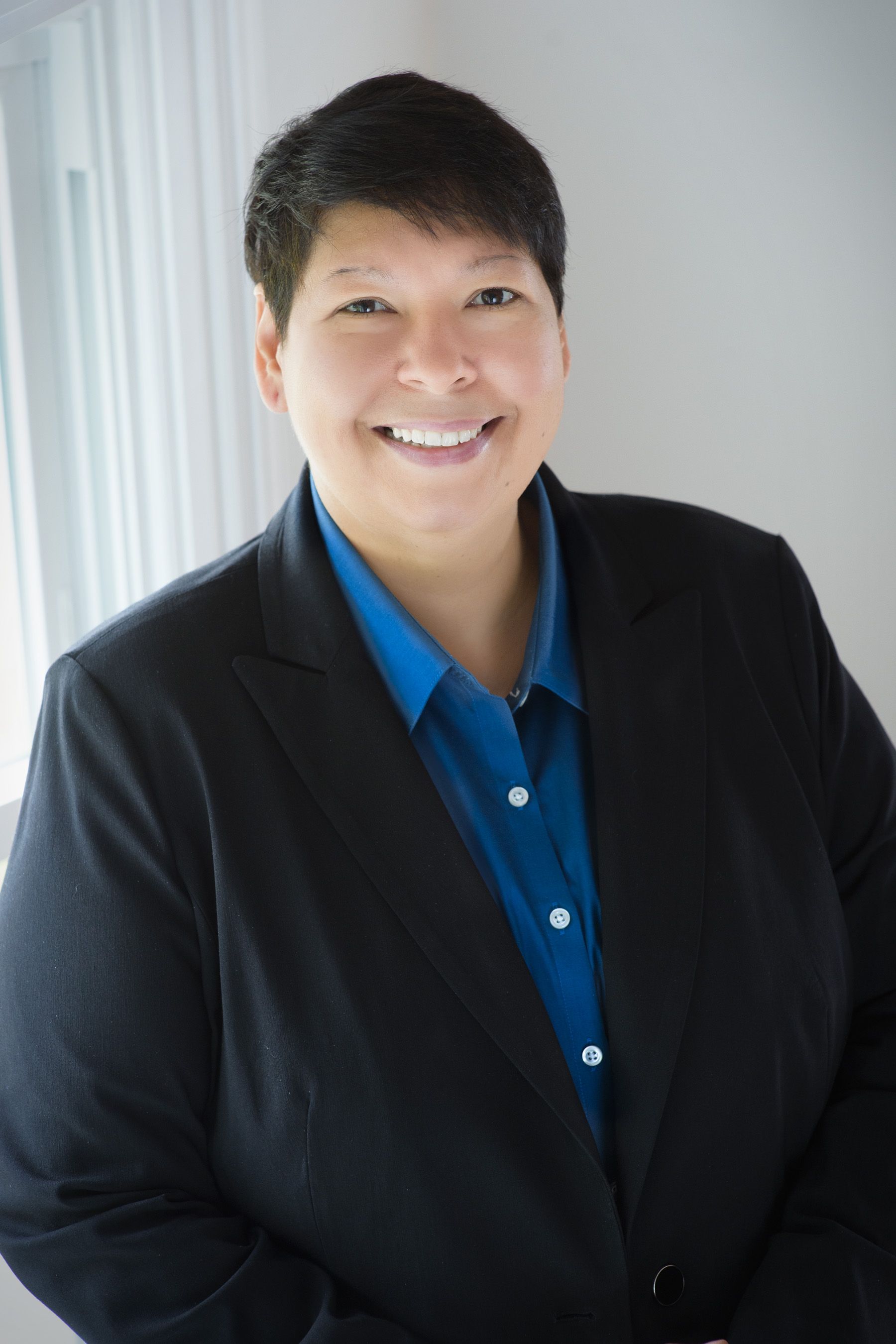Office of the President
CT State Community College is a premier comprehensive statewide community college serving nearly 70,000 students annually and focused on building upon the history of Connecticut’s 12 legacy community colleges.

From the Desk of the President
February 19, 2026
Dear Members of the CT State Community,
I’m pleased to share that Dr. Arnita Walls has been appointed as Interim Vice President of Diversity, Equity and Inclusion for Connecticut State Community College, and will begin on Monday, February 23.
Dr. Walls brings more than 25 years of leadership experience across higher education and mission-driven organizations, focused on advancing inclusive excellence, strengthening institutional equity, and building strong, accountable organizations
She has served in senior leadership roles at institutions across the country, including Director of the Office of Equal Opportunity and Title IX at Brandeis University; Interim Chief Diversity Officer and Interim Dean of Student Affairs at Luther Seminary; Chief Human Resources Officer and Title IX Coordinator at Luther Seminary; AVP of Human Resources and Employee & Equity Relations at Saint Mary’s College; and AVP of Human Resources and Employee Training & Development at North Park University. She also served as Director of Human Resources and Employee Development at Summit Academy OIC, a post-secondary trade school, and as an Adjunct Professor in the College of Business at Triton Community College.
Throughout her career, Dr. Walls has partnered closely with presidents, cabinet leaders, and governing boards to align equity, compliance, and culture with institutional strategy. Her work is grounded in translating values into practice. She brings deep experience in civil rights and Title IX coordination, affirmative action planning, organizational climate, and leadership advising. Just as importantly, she is known for engaging stakeholders in thoughtful, candid dialogue and helping institutions navigate change with clarity and integrity
Dr. Walls holds an Ed.D. in Higher Education Administration and Leadership, an M.S. in Human Resource Management and Development, and a B.A. in Liberal Arts and Sciences.
As we continue to strengthen our statewide model and center student success in all that we do, Dr. Walls’ breadth of experience and her steady leadership will be an asset to our community.
Please join me in welcoming her to this important role.
Sincerely,
Christina Royal, Ph.D.
Interim President
Contact the President's Office
Mailing Address
New Britain, CT 06051
Staff
Christina Royal, Ph.D., Interim President
Phone: 860-612-7003
Email: CTState-President@ct.edu
or margaret.vancott@ctstate.edu
Margaret (Meg) Van Cott, Executive Assistant to the President
Phone: 860-612-7003
Email: margaret.vancott@ctstate.edu
To request Interim President Royal’s event attendance or for a speaking request, contact Meg Van Cott.
Theresa Robbins, Executive Assistant to the College Office
Phone: 860-612-7005
Email: theresa.robbins@ctstate.edu
Tom Yelich, Chief of Staff
Phone: 860-612-7025
Email: tom.yelich@ctstate.edu